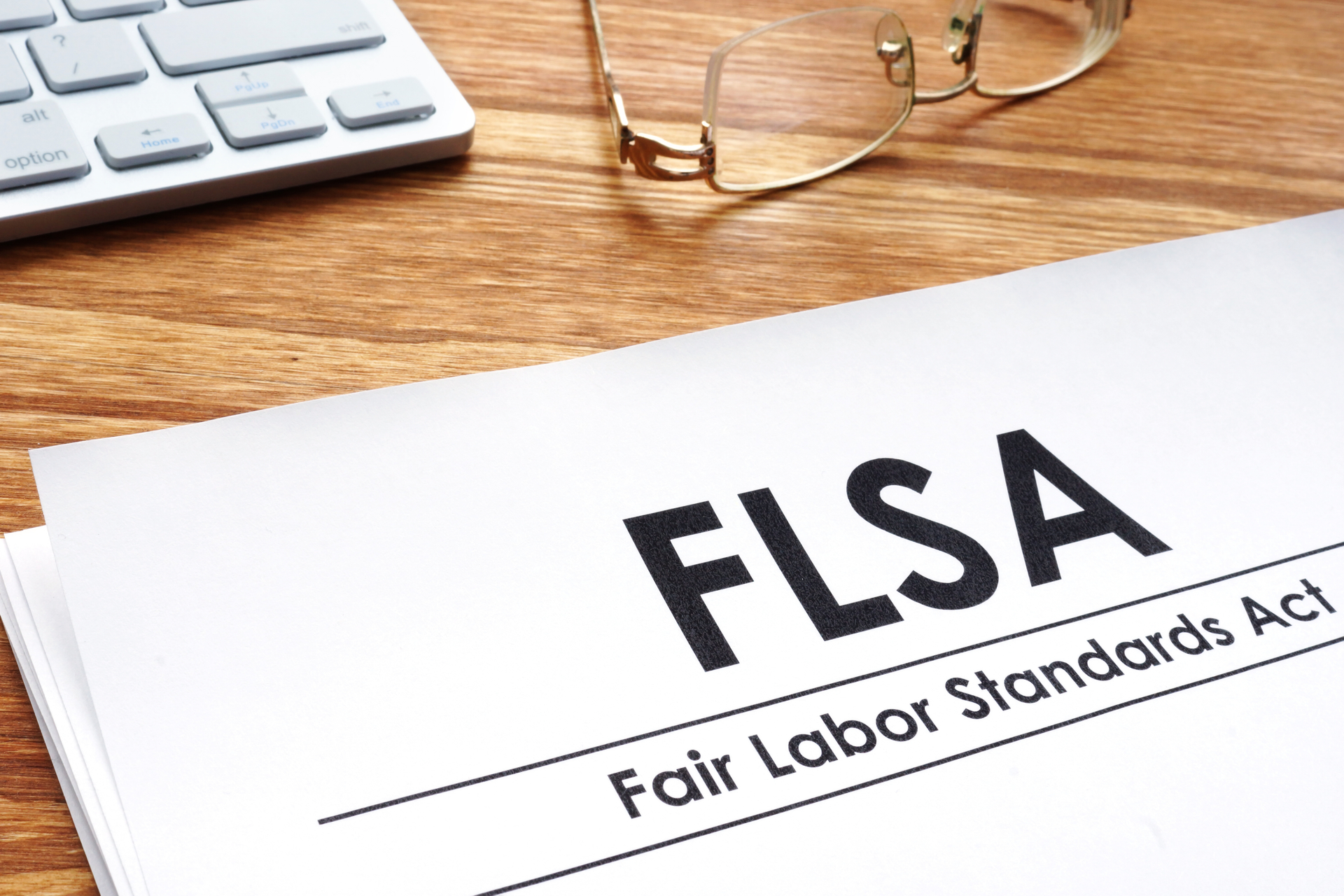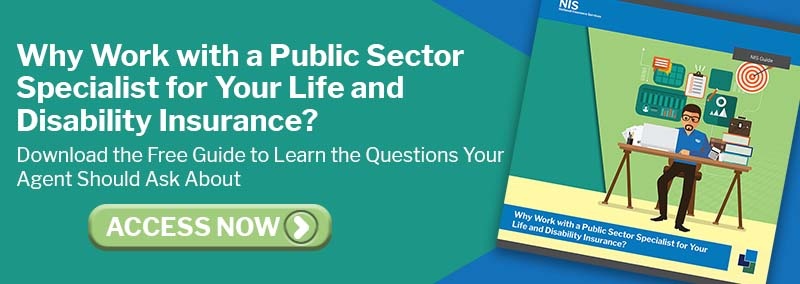5.5 minute read
The Department of Labor (DOL) has issued nine opinion letters which clarify how the Fair Labor Standards Act (FLSA) applies to various employment situations.
Five letters address how to apply existing FLSA exemption requirements to specific situations. Two discuss adequate calculation and payment of employee tips. And the DOL withdrew three letters because they were issued prematurely, as they were based on rules that have not yet gone into effect.
The table below is an overview of each opinion letter and a short description of the situations where they may apply. Items in red are the items withdrawn by the DOL because they were posted prematurely.
| Letter | Topic | Description and Status |
| FLSA2021-1 |
Administrative Employee Exemption |
|
| FLSA2021-2 | Ministerial Exception |
|
| FLSA2021-3 | Seasonal Establishments |
|
| FLSA2021-4 | Tip Pooling Regulation |
|
| FLSA2021-5 |
Tip Calculation for Automatic Gratuities and Service Charges |
|
| FLSA2021-6 |
The Retail or Service Establishment Exception |
|
| FLSA2021-7 |
Journalists and the Creative Professionals Exception
|
|
| FLSA2021-8 |
Worker Classification— Employee or Independent Contractor
|
|
| FLSA2021-9 |
Worker Classification— Employee or Independent Contractor |
|
Description and Status
Employers should review these opinion letters and determine if the new guidance affects their current payroll practices or employee classification.
Download the bulletin for more details.

